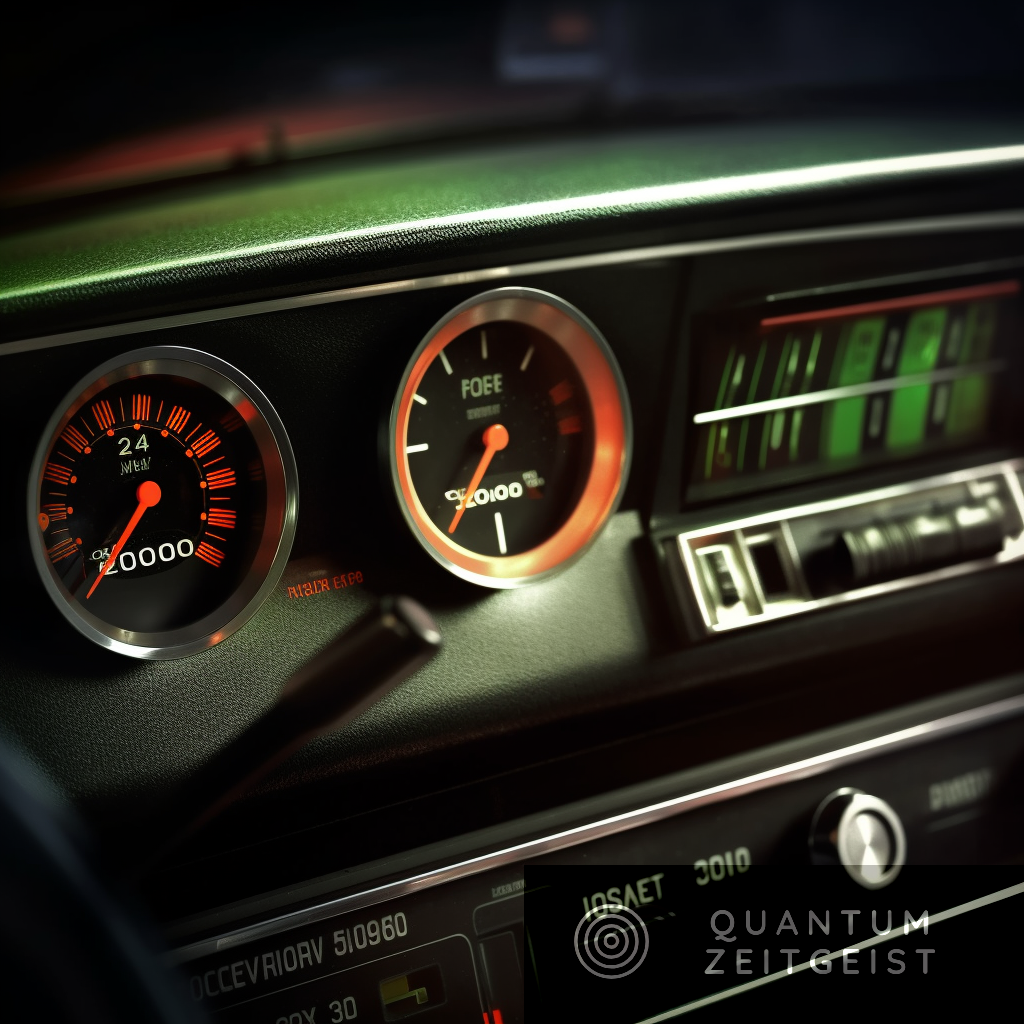Daniel Lidar and Bibek Pokharel have achieved a quantum speedup advantage in a “bitstring guessing game” using strings up to 26 bits long by suppressing errors typically seen at this scale. Quantum computers promise to solve complex problems more efficiently but are prone to errors or noise. The researchers adapted a noise suppression technique called dynamical decoupling to improve the quantum algorithm’s performance. Although classical computers can still solve problems faster in absolute terms, the quantum advantage becomes more evident as issues become more complex.
Introduction
Daniel Lidar, a professor at USC, and Bibek Pokharel, a research scientist at IBM Quantum, have achieved a quantum speedup advantage in a “bitstring guessing game” using strings up to 26 bits long. By suppressing errors typically seen at this scale, they demonstrated that quantum computers could execute complete algorithms with better time scaling to find solutions than conventional computers, even in the noisy intermediate-scale quantum (NISQ) era. This breakthrough suggests that quantum solutions will eventually be quicker for sufficiently long bitstrings than classical ones.
“The challenge, says Lidar, is “to obtain an advantage in the real world where today’s quantum computers are still ‘noisy.’”
Daniel Lidar, the Viterbi Professor of Engineering at USC and Director of the USC Center for Quantum Information Science & Technology.
Quantum Speedup Advantage Achieved in Bitstring Guessing Game
Researchers Daniel Lidar and Bibek Pokharel have achieved a quantum speedup advantage in a bitstring guessing game. They managed strings up to 26 bits long, significantly more extensive than previously possible, by effectively suppressing errors typically seen at this scale. Quantum computers promise to solve specific problems with an advantage that increases as the problems increase in complexity. However, they are also highly prone to errors or noise.
Overcoming Noise in the NISQ Era
The challenge in achieving quantum speedup advantage is to obtain it in the real world where today’s quantum computers are still noisy. This noise-prone condition of current quantum computing is termed the “NISQ” (Noisy Intermediate-Scale Quantum) era. Thus, any present demonstration of quantum speed advantage necessitates noise reduction. The more unknown variables a problem has, the harder it usually is for a computer to solve. Scholars can evaluate a computer’s performance by playing a type of game with it to see how quickly an algorithm can guess hidden information.
Quantum Algorithm and Noise Suppression Technique
A perfectly functioning quantum computer, presenting guesses in quantum superposition, could identify the correct answer in just one guess. This efficiency comes from running a quantum algorithm developed more than 25 years ago by computer scientists Ethan Bernstein and Umesh Vazirani. However, noise can significantly hamper this exponential quantum advantage. Lidar and Pokharel achieved their quantum speedup by adapting a noise suppression technique called dynamical decoupling. After numerous refinements, the quantum algorithm functioned as intended, with the time to solve problems growing more slowly than with any classical computer.
Quantum Advantage in Scaling Time
Lidar notes that “currently, classical computers can still solve the problem faster in absolute terms.” The reported advantage is measured in terms of the time-scaling it takes to find the solution, not the absolute time. This means that for sufficiently long bitstrings, the quantum solution will eventually be quicker. The study conclusively demonstrates that with proper error control, quantum computers can execute complete algorithms with better scaling of the time it takes to find the solution than conventional computers, even in the NISQ era.
Study Published on June 6th, 2023
The research by Daniel Lidar and Bibek Pokharel, which demonstrates the quantum speedup advantage in the context of a bitstring guessing game, was published on June 6th, 2023. This study highlights the potential of quantum computing and the importance of noise suppression techniques in achieving quantum advantages over classical computers.
“currently, classical computers can still solve the problem faster in absolute terms.”
Daniel Lidar, the Viterbi Professor of Engineering at USC and Director of the USC Center for Quantum Information Science & Technology.
Executive Summary
Researchers at USC and IBM Quantum have achieved a quantum speedup advantage in a “bitstring guessing game” using noise suppression techniques, demonstrating that quantum computers can execute complete algorithms with better time-scaling than classical computers, even in the noisy intermediate-scale quantum era. Although classical computers currently solve problems faster in absolute terms, the quantum advantage becomes increasingly evident as issues become more complex.
- Researchers Daniel Lidar and Bibek Pokharel achieved a quantum speedup advantage in a “bitstring guessing game.”
- They managed strings up to 26 bits long, significantly larger than previously possible, by suppressing errors typically seen at this scale.
- Quantum computers promise to solve complex problems more efficiently but are prone to errors, or noise in the current “NISQ” (Noisy Intermediate-Scale Quantum) era.
- The researchers used a noise suppression technique called dynamical decoupling to achieve their quantum speedup.
- A classical computer would require approximately 33 million guesses to correctly identify a 26-bit string, while a perfectly functioning quantum computer could do it in just one guess.
- The study demonstrates that with proper error control, quantum computers can execute complete algorithms with better scaling of the time it takes to find the solution than conventional computers, even in the NISQ era.
- The reported advantage is measured in terms of time-scaling, not absolute time, meaning that the quantum solution will eventually be quicker for sufficiently long bitstrings.
- The study was published on June 6th, 2023.
Read More.

